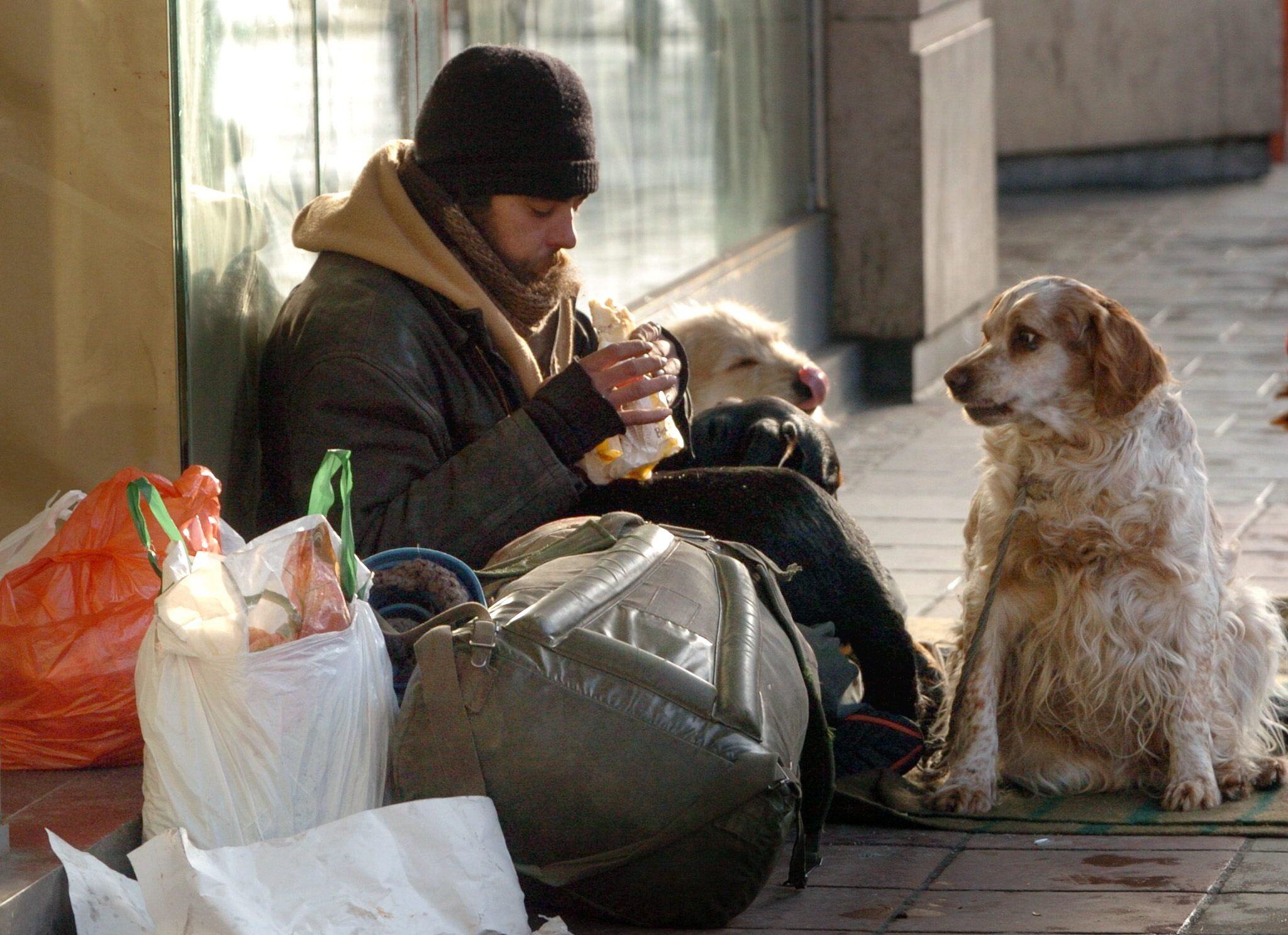Welfare minister prepares action plan to tackle rising homelessness

Flanders is facing an increase in homelessness, with more than 20,000 people currently without stable housing, according to the latest figures.
The figures are a wake-up call for Flemish Welfare minister Caroline Gennez of socialist party Vooruit, who is working with party colleague and Housing minister Melissa Depraetere on a comprehensive homelessness action plan to be presented this autumn.
"Homelessness is becoming endemic," Gennez said. Based on a headcount carried out in three regions in mid-October last year - alongside four previous surveys - researchers estimate that more than 20,300 people are homeless in Flanders.
Diverse group
The image of the typical rough sleeper no longer applies, says Gennez. Only 5 per cent of those surveyed were living on the streets. A much larger proportion were staying temporarily with friends or family (32 per cent) or in shelters and temporary accommodation (27 per cent). Around 6,300 of those counted were children, and of the more than 14,000 adults, around a third were women.
"Every child deserves a safe, stable and warm place to grow up"
Homelessness is also not confined to large cities: more than a third of people without stable housing live in municipalities with less than 50,000 inhabitants - 13 per cent in cities with less than 15,000 inhabitants and 20 per cent in cities with between 15,000 and 50,000 inhabitants. About half of the homeless population is concentrated in one of the eleven central cities in Flanders.
"Every child deserves a safe, stable and warm place to grow up - especially in a wealthy region like Flanders," said Gennez. "That's why it is so important not only to fight homelessness, but to prevent it from happening in the first place."
Action plan
The Flemish government has earmarked 6 billion euros for the construction and renovation of social housing in the current legislative period. In addition, Gennez and Depraetere are preparing an action plan that will prioritise the "housing first" model.

Gennez, who previously served as federal minister for Urban Policy, has long advocated a housing-led approach. The philosophy behind the principle is simple: only when people have a roof over their heads can they begin to engage with training, education or employment opportunities.
"Life is just so much harder without an official address"
"This approach works," she says. "It helps people off the streets in a sustainable way, and for every euro invested, you save 2.50 euros in avoided hospital costs. Life is just so much harder without an official address."
Young adults
The forthcoming action plan will also pay special attention to young adults. The latest data show their significant presence in the homeless population. As Welfare minister, Gennez is also responsible for youth care. She referred to the case of 18-year-old Jordy, a young man who died in a tent in Blaarmeersen in Ghent in 2016, shortly after leaving an institution.
"We need to focus more explicitly on young adults and care leavers - a group that far too often slips through the cracks," Gennez said.
#FlandersNewsService | © BELGA PHOTO HERWIG VERGULT
Related news

